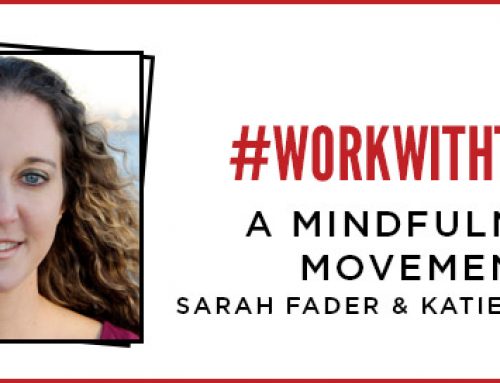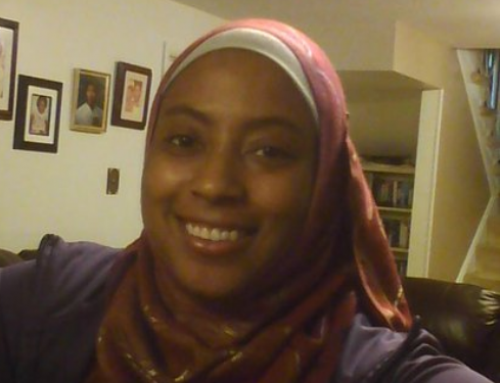The Lasting Impact of Growing Up With ADHD
By Robert Vore
These days, it seems like ADHD is a punchline more than something people really believe in. But as much as I love a good ‘SQUIRREL!’ joke (hint: I don’t), I have to admit that I’m just coming to terms with how much growing up with ADHD impacted me throughout my life.
See, I’m smart enough. I don’t mean that in a bragging way, just that I’m a great test-taking and am usually pretty good at figuring things out. What I’ve never been good at, however, is focusing. Once I get going on something I’m usually ok, but the initial focus-and-get-this-thing-started is something I simply cannot seem to get the hang of. Nowadays, that manifests itself in things like the rarity with which I post on this website. I tend to think of an idea to write about, and then can never seem to actually sit down and hammer it out. But growing up, it resulted in a near-consistent stream of zeros on homework assignments. And projects. And major papers.
But the worst part of this wasn’t the obvious effect it had on my grades over the years (they weren’t good.) The worst part was feeling so frustrated that I was failing at things for no good reason. Because I knew it wasn’t that I didn’t know how or didn’t understand the work to be done. I just could. not. for the life of me, figure out how to remember all my work and actually focus long enough to do it.
I don’t have a lot of very specific memories from my childhood, but I do have this one: I could drive you right now to the exact parking space outside of a Starbucks where I had a breakdown, crying to my mom because I was so frustrated. “I don’t know what’s wrong with me,” I told her. “I don’t know what’s wrong with me.”
Years later, after scraping my way out of high school and part of the way through college, I would see a psychiatrist. We would talk for over an hour about my frustrations, how bad I was at remembering things, how I literally couldn’t do work if there was music playing that had words in it, how I felt like a failure because I’d always assumed I was too lazy, too much of a procrastinator, just ‘not good at school.’ He would prescribe me some medicine, and I would (for the first time), admit to the thought that maybe I needed some help in this area.
This is a fantastic story of present-day me: I take medicine and I can focus on things I think are important. I’m in a Masters program, and I’m good at school. But that’s not the main point of this post. The point I sat down to write about is this:
I still carry a lot of that with me. I still remember how frustrated I felt, how much I hated the moments when I would realize I hadn’t remembered to do something or hadn’t been able to focus on it the night before. I remember the dread that set in, every single time, when I took another zero.
I remember feeling like a failure. I remember thinking I was a waste, I was too lazy to accomplish anything. I remember countless talks from well-meaning teachers about how I was ‘wasting my potential’, that I just wasn’t trying hard enough or ‘applying myself.’
I remember hating myself for that. Having no idea how to change it, how to fix myself, how to be this better version of myself that I (and everyone else) wanted me to be.
And I’m willing to admit that I don’t think a lot of that has healed yet. I’m 26 now, and if you asked me to make a list of the things I hate most, ‘feeling like a failure’ would make the top ten. I still feel the need to prove that I’m capable, that I’m responsible, that I can do this.
Because you can survive getting horrible grades. I made it through the classes (some of them just barely), I moved through the grade levels, I have the diplomas. Getting a ‘D’ in 5th grade math or failing a semester of AP World doesn’t have much of an effect on my day-to-day now. But the lessons I learned, the things I internalized about myself all those years: those take longer to move past.
Robert has worked for various ministries & non-profits in Georgia, Alabama, Florida, and England. His writing has been featured on websites such as The Mighty, Thought Catalog, and Patheos. He co-hosts a podcast on Christianity & mental health called CXMH, as well as being a certified QPR Suicide Prevention Instructor for groups of any size. He is currently working towards his Masters in Clinical Mental Health Counseling.
He can be found online at Robert-Vore.com or on social media at @RobertVore. He can be found in real life in Atlanta with his wife and dog.







Leave A Comment